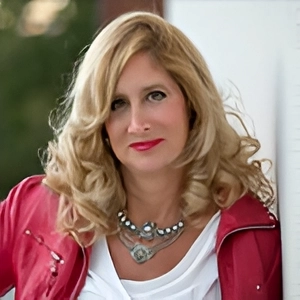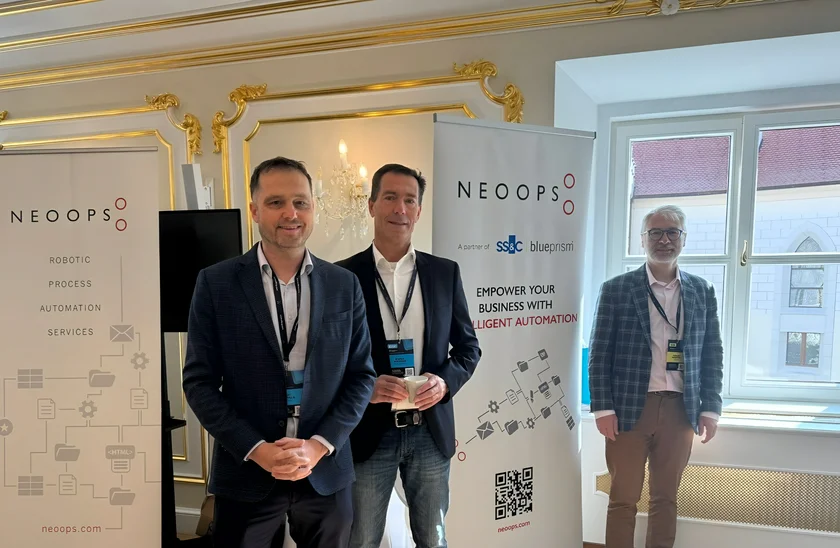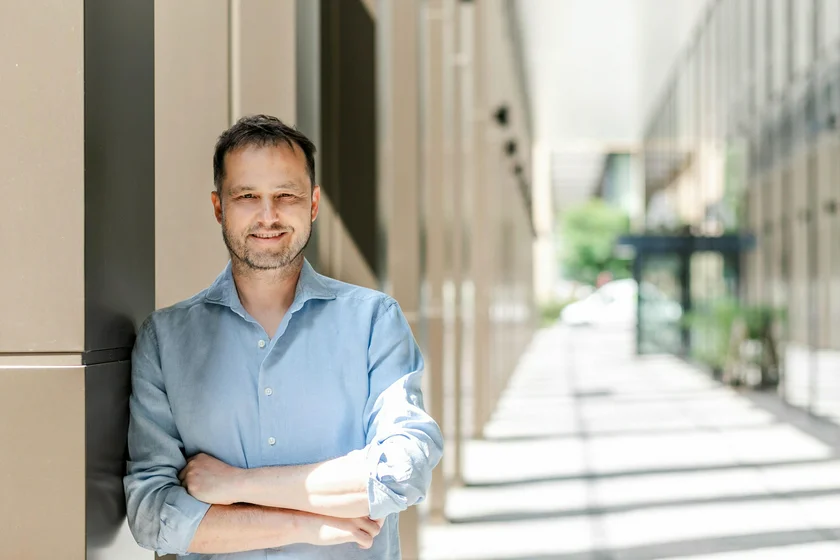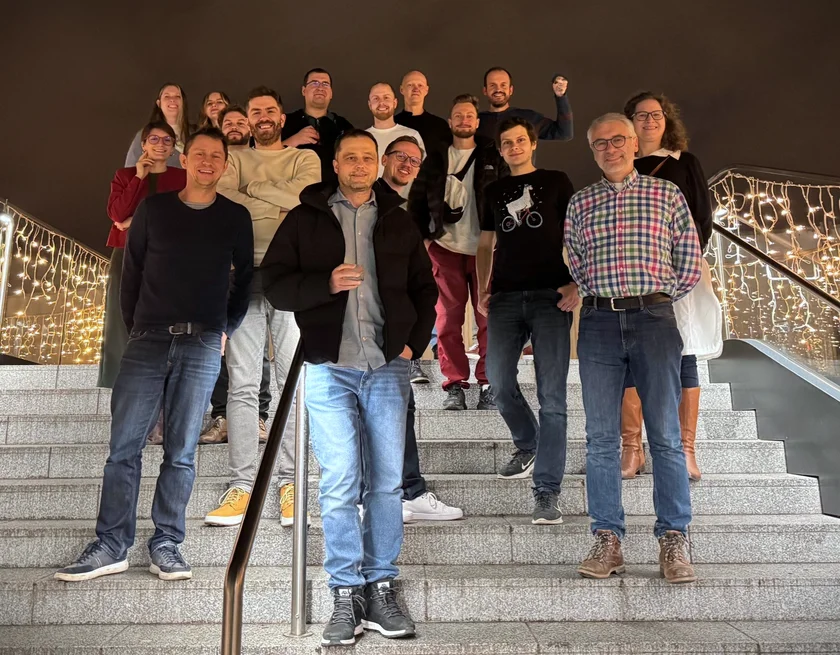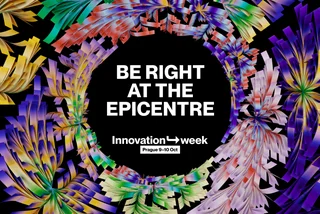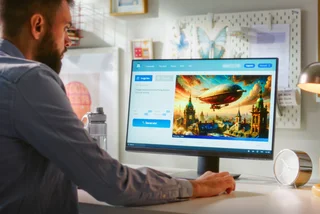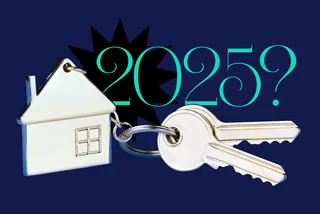Back in 2013, Jan Rapala was working as a freelance project manager when he noticed something puzzling: companies were wasting time on repetitive, “mindless” tasks that could easily be done by software. While others were talking about small process improvements, Rapala asked a bigger question: what if robots could handle those routine jobs entirely?
He dug into research on Robotic Process Automation (RPA), quickly realizing its potential to transform business operations. In keeping with Czech tradition (after all, robot is a Czech word), Rapala became a software bot believer.
But unlike many founders, he didn't invent a new tech product. Instead, he decided to implement an existing product into the Czech market and later on also globally and refine it from there.
How did a mild-mannered entrepreneur from Ostrava with a distaste for startup culture become a pioneer and thoughtful leader in the robotic processing automation market? Read on to learn more.
Can you explain what you do to someone with a low-tech IQ?
NEOOPS is an IT consulting company that focuses on automating business processes for our clients. These are typically bigger corporations with hundreds or thousands of people using many software tools and applications which need to be filled with data. Why should people be doing really boring, routine work when they could be more useful by communicating and making decisions?
Think of a job where one person does at least 200 transactions every day, like applying for a loan or a job, paying invoices, registering a permit, etc. The ‘standard’ automation was only partial; it was also slow and costly. That’s when RPA filled the gap.
One of our clients is a Prague municipality that uses our RPA and AI solution to look at photos of cars that may be parked illegally. The AI checks to see if there might be some reason the car is parked suspiciously, like if the doors are open, or the lights are on, or if people are standing by the car. These factors indicate that the car is not really parked. Our RPA bots then generate and send parking tickets to the owners of the cars that AI did not exclude.
How did you save Czechia—and eventually, the world—from routine drudgery?
I was more of a financial and process guy, and I didn’t possess deep tech skills. Based on my previous work as a Project Manager in corporations, I saw the huge benefits of RPA, but I could only find one company offering this type of automation at that time. It was called Blue Prism, located in the United Kingdom.
I don’t think I “saved the world” exactly, but I did think that the Blue Prism product was very different, and I could fill in the gaps. I set up NEOOPS by creating a website that looked professional. When I traveled to meet them in London, they were like, ‘Wow, that’s great—someone from the Czech Republic is interested in our solution.’ We became one of their first partners and started implementing this software outside of the UK.
This sounds like the setup for a comedy skit! But what made you think you could successfully launch this product in the Czech Republic?
Czechia has long been the leading hub in Europe for international corporations’ global business services, also known as shared services. Hundreds of big global companies have established their operations here. That means there are many people in the Czech Republic who know how to manage and improve their processes, and RPA seemed like a great fit.
I explained to companies that these software robots can do the exact same work as a person was doing, the repetitive, routine work that does not require intellectual judgment. And can do it faster and without errors. At first, nothing happened as nobody wanted to be the first. But one year later, we got our first client, my former employer. It didn’t hurt perhaps that I knew their processes inside and out. That changed everything, because then we could tell other potential clients that this very big international firm was using RPA Blue Prism.
It’s not the typical startup model, is it?
I never liked the idea of the typical startup model that seeks investors but has no clients, revenue, or solid product. It's like, 'We have a great idea, and maybe one day we will be good.’ I wanted NEOOPS to look like an established, professional company from day one, even though this was just me at the start. No investors, no bank loans—and that’s still true today.
Critical to the company's growth was that in 2014, I hired two professionals, Zdeněk Kabátek and Michal Pavlík, who later became co-owners of NEOOPS. They had the tech expertise I lacked. Since then, we’ve been profitable every single year and have grown our team to 20 professionals today.
When you started out in 2013 you had no competitors, but now this field is quite crowded. How did you navigate that experience?
We can sell and implement Blue Prism products anywhere. Fifty percent of our revenue is coming from the Czech Republic, but we operate across the whole of Europe and also have an office in the United States. We have over 100 clients, a great pool for upsell and cross-sell opportunities.
NEOOPS
- Director/Founder: Jan Rapala
- Based: Karlin, Prague
- Product: Robotic Process Automation (RPA), AI
- Launched: 2013
- Became profitable: 2014
- Employees: 20
- Number of clients: 130 across Europe and United States
- NEOOPS secret meaning: Neo ops = new operations. Suggests taking business operations to the next level.
We managed to attract a large number of clients quite quickly thanks to our approach of teaching clients how to automate the processes themselves. Clients save money because they don’t have to keep paying external consultants forever. We grow our revenue from bot licenses, training, support, and providing consultants during clients’ peak seasons.
What is the future of this technology, and your company’s role in it?
RPA is still heavily used among our clients, and we see RPA as the foundation for the rise of AI agents. Think of RPA as the hands, and AI as the brain. Together, they create much more powerful solutions.
We want to broaden our portfolio of tools, but RPA is at the center of what we do. We will always be an IT consulting company that provides the best software tools. When a company says to us, ‘We heard about this new solution. Would you recommend it?’ They know that our answer will be the right and honest answer.
Looking back, I never set out to build a global company. I simply wanted to solve a problem I saw every day: people wasting time on routine work that software could easily handle. What still drives me today is the chance to free people from that kind of work so they can focus on something more meaningful.

